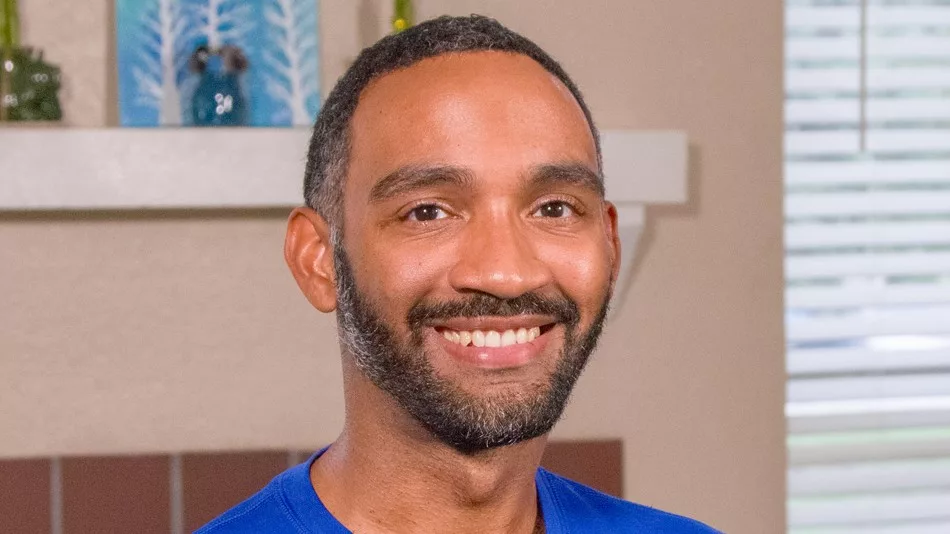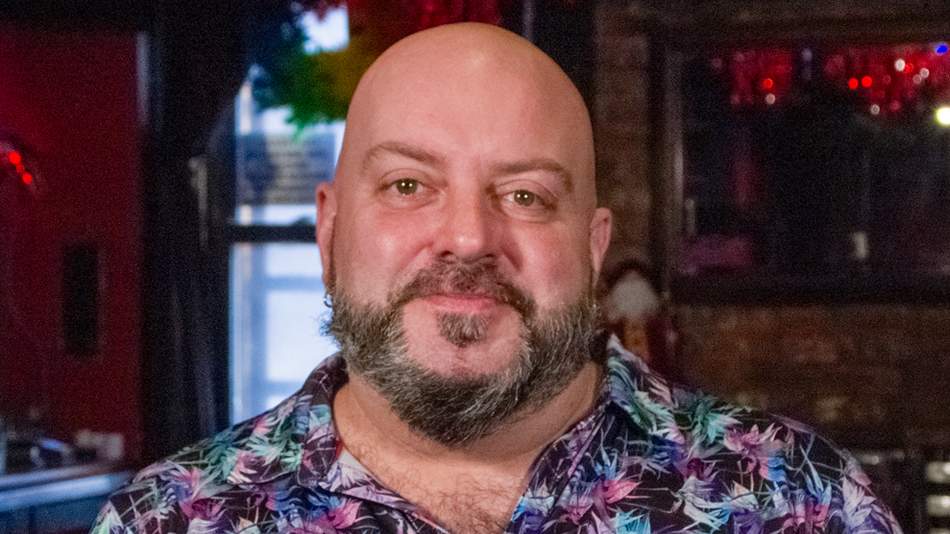I’m Alan Conter and I’m from Montreal.
In 1972, when I was 17, I was a student at McGill University and unsure of my sexuality. One day, I went to an audition for a play called “The House of Pooh Corner.” The play was being directed by Michael Wasserman, who is a kid from Boston who is about six months older than me and had long, flowing red hair, smoked like a chimney, drove a red convertible. And I was fascinated and a little frightened of him at the same time.
After the audition, I got a call from him and he said that he was going to cast me as Christopher Robin. And I thought, whoa, this is going to be so much fun.
We started to become friends and I was a little wary of his friendship, partly because Michael was, in certain parlance, “a flamer.” He was way gay. And that was a little off-putting for me because growing up my relatives had made it pretty clear that they thought faggots and poofters were not to be accepted or respected.
One night after rehearsal, I went to Michael’s apartment in the McGill Ghetto. He made veal parmesan for me and we drank cheap chianti. And he started to – we started talking about each other’s families. His parents were both Holocaust survivors. And I told him about my father, who had died just two years before. As I was talking about my dad, I began to cry. At that point, Michael stood up and walked around the table and hugged me. I was a little unsure of how to react.
And then he kissed me on the back of my neck and said, “It’s okay.” To my surprise, I turned around and kissed him on the lips. I spent the night there and basically had lost my virginity and felt wonderful the next morning and, at the same time, horrified. Of course, we had to see each other regularly. I was in the show. I wasn’t going to leave the show. My fear began to abate and I began to hang out with him more and more.
Michael and I became lovers and remained lovers for three years. It took me awhile to acknowledge that openly to people that Michael was my lover. At first, I hid it. By the end of our relationship, I realized that I had to be honest to myself and to other people about my sexuality.
In 1981, I joined the Canadian Broadcasting Corporation. I pitched a story at a story meeting about queer bashings in Lennoxville, Quebec, which is near Sherbrooke, Quebec in the Eastern Townships, where there’s a university called Bishop’s University. And one year, there were a spate of pretty severe bashings on campus. The producer and the host didn’t think it was worthy of coverage. I left that meeting furious. And then the next day, an intellectual daily in Montreal called Le Devoir covered the bashings at Bishop’s.
And I went into the meeting and I said, “It’s good enough for Le Devoir, but not good enough for us? From then on, I was totally out at the Canadian Broadcasting Corporation. I continued to work for the corporation off and on for over 18 years and left as an executive producer of network current affairs and features. My approach to my work became one of being always open and always out. I don’t think I would have been able to be a journalist if I was hiding something, since journalism is about revealing truth.
Michael gave me the courage, one, to accept who I was and to explore it, and to wander the paths that diverged from him but would cross back over with him. Forty-five years on, we’re still friends.
Michael drew the basic map and handed it to me. I took it and then learned, partly through watching him, how to draw it on my own. That’s a big gift.








Share